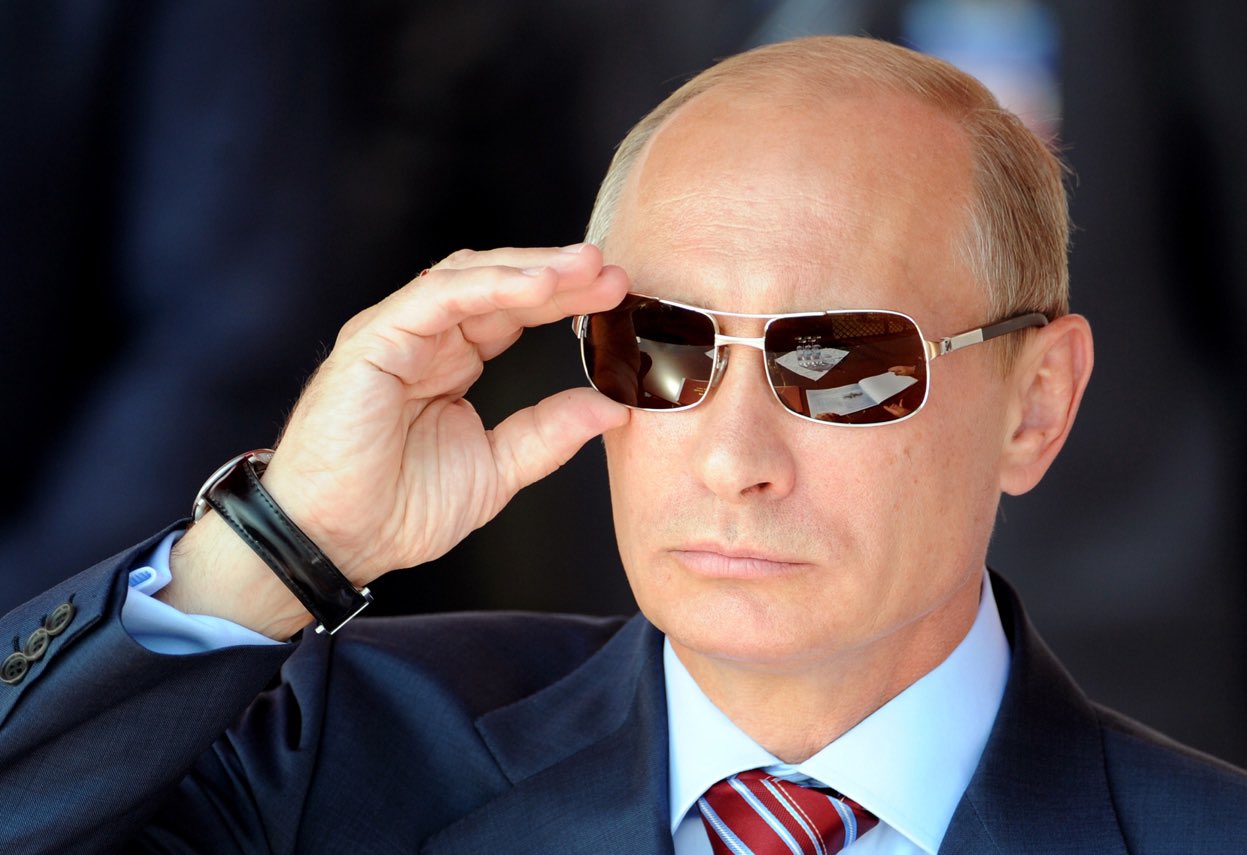War in Ukraine: the Kremlin accuses France of blocking peace
Russian Foreign Minister Sergei Lavrov sharply criticized French President Emmanuel Macron during a joint press conference with his Armenian counterpart in Yerevan, amid growing regional and international tensions.

SUMMARY
According to TF1-LCI, the Russian minister accused the French leader of harboring a “blatant hatred” toward Russia.
“President Macron himself, along with all his ministers, are simply overflowing with hatred toward Russia, calling it the only obstacle to a settlement in Ukraine,” Lavrov told reporters.
He also denounced what he called the West’s duplicity in managing the Ukrainian conflict: “By settlement, they mean only one thing—a one-month or longer unconditional ceasefire, so they can calmly rearm Ukraine and allow it to strengthen its defensive positions.”
These remarks come as relations between Moscow and Paris have continued to deteriorate since the Russian invasion of Ukraine began in February 2022. Initially seen as one of the few European leaders open to dialogue with Vladimir Putin, Macron has hardened his tone in recent months, calling Russia a “destabilizing actor” and advocating for a “strategy of firmness and clarity.”
On May 14, 2025, during a speech at the European Parliament, the French president declared that “Europe’s security depends on a lasting weakening of Russia’s capacity to do harm,” while also calling for increased military support for Ukraine. The Kremlin had already slammed those comments as “dangerous and warlike.”
Regional context: Lavrov’s delicate diplomatic tour
Lavrov’s visit to Armenia is part of a broader diplomatic tour aimed at shoring up Russia’s alliances in the Caucasus, as the Kremlin faces diminishing influence in the post-Soviet order. Yerevan, traditionally a close ally of Moscow, has recently signaled a shift toward closer ties with the European Union, especially after renewed tensions with Azerbaijan over Nagorno-Karabakh.
The rhetorical clash between Moscow and Western capitals is unfolding against a backdrop of prolonged war in Ukraine, diplomatic rifts, and large-scale rearmament on both sides.
In March 2025, the European Union approved its 15th package of sanctions against Russia, targeting the country’s technology and energy sectors, while the United States confirmed an additional $8 billion in military aid to Kyiv this year.


Comments